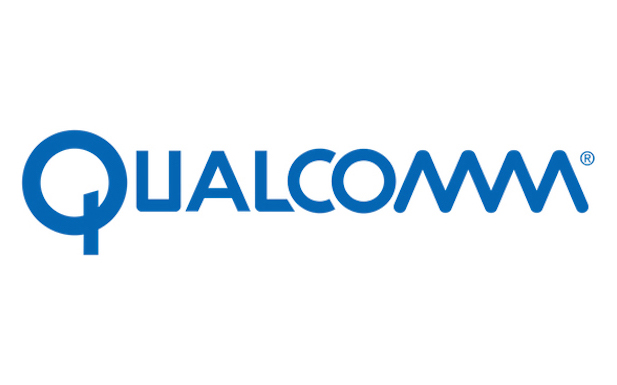Qualcomm charged Apple lower fees in order to get exclusivity for its chipsets, a complaint from the American Federal Trade Commission has claimed.
The US regulator is alleging Qualcomm used its market dominance to impose “onerous and anti-competitive” supply and licensing terms on smartphone makers, weakening the wider market.
Qualcomm said the complaint “is based on a flawed legal theory, lack of economic support and significant misconceptions about the mobile technology industry”.
The first strand of the FTC’s complaint centres on what it described as Qualcomm’s “no licence, no chips” policy, where baseband processors would only be supplied if smartphone makers agree to Qualcomm’s licence terms.
The FTC alleged this means manufacturers would pay increased royalties to Qualcomm for products that used a rival’s chipsets.
It said Qualcomm is the only semiconductor supplier to have this policy. The FTC said: “The risk of losing access to Qualcomm baseband processors is too great for a cell phone manufacturer to bear because it would preclude the manufacturer from selling phones for use on important cellular networks.”
Second, the FTC said Qualcomm is refusing to stand by commitments to licence standard-essential patents on fair, reasonable and non-discriminatory terms.
Finally, the regulator said, in exchange for reduced patent royalties, Qualcomm stopped Apple from getting baseband processors from its rivals between 2011 and 2016.
It said: “Qualcomm recognized that any competitor that won Apple’s business would become stronger, and used exclusivity to prevent Apple from working with and improving the effectiveness of Qualcomm’s competitors.”
The regulator is seeking a court order to stop what it called “Qualcomm’s unfair methods of competition” and restore competitiveness.
In response, Qualcomm said it has never withheld or threatened to withhold chip supply to gain better licensing terms. It also criticised the timing, as the US government is about to shift to a new administration.
Don Rosenberg, Executive Vice President and General Counsel, Qualcomm, said: “In our recent discussions with the FTC, it became apparent that it still lacked basic information about the industry and was instead relying on inaccurate information and presumptions.
“In fact, Qualcomm was still receiving requests for information from the agency that would be necessary to an informed view of the facts when it became apparent that the FTC was driving to file a complaint before the transition to the new Administration.
“We have grave concerns about the two Commissioners’ decision to bring this case despite a lack of evidence supporting the allegations and theories in the complaint. We look forward to defending our business in federal court, where we are confident we will prevail on the merits.”


